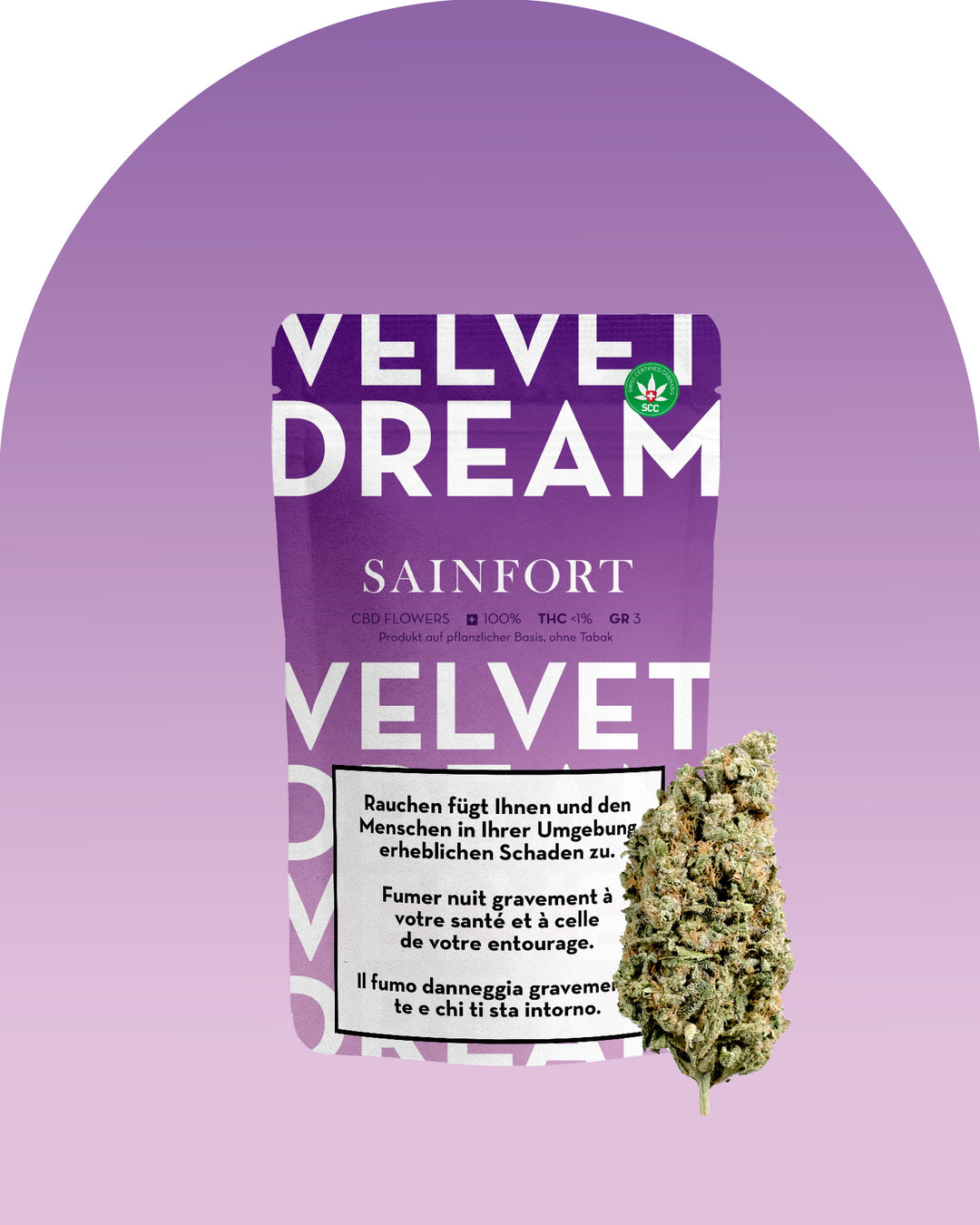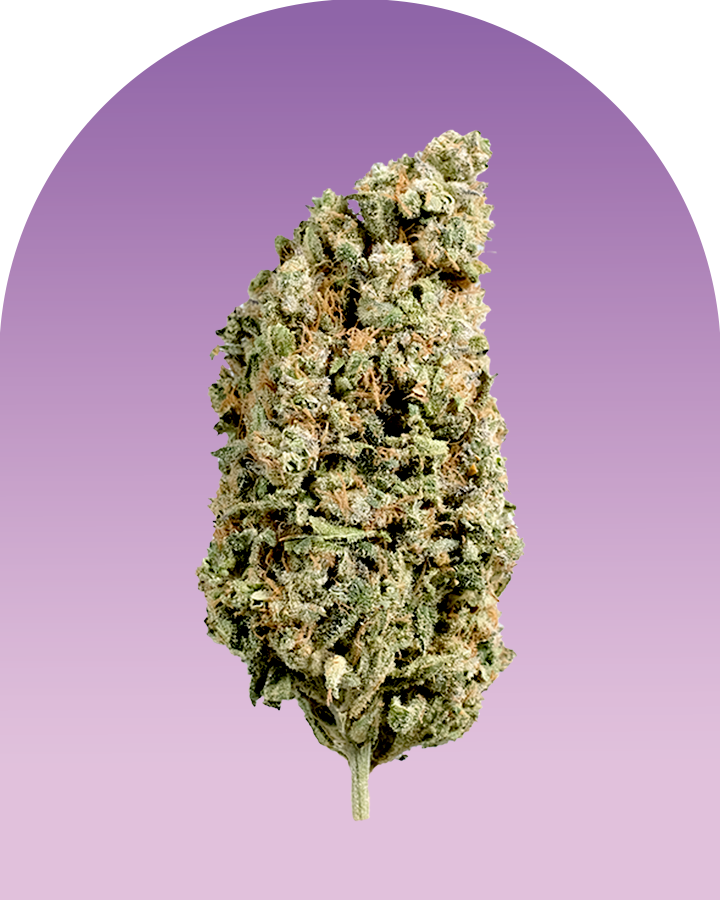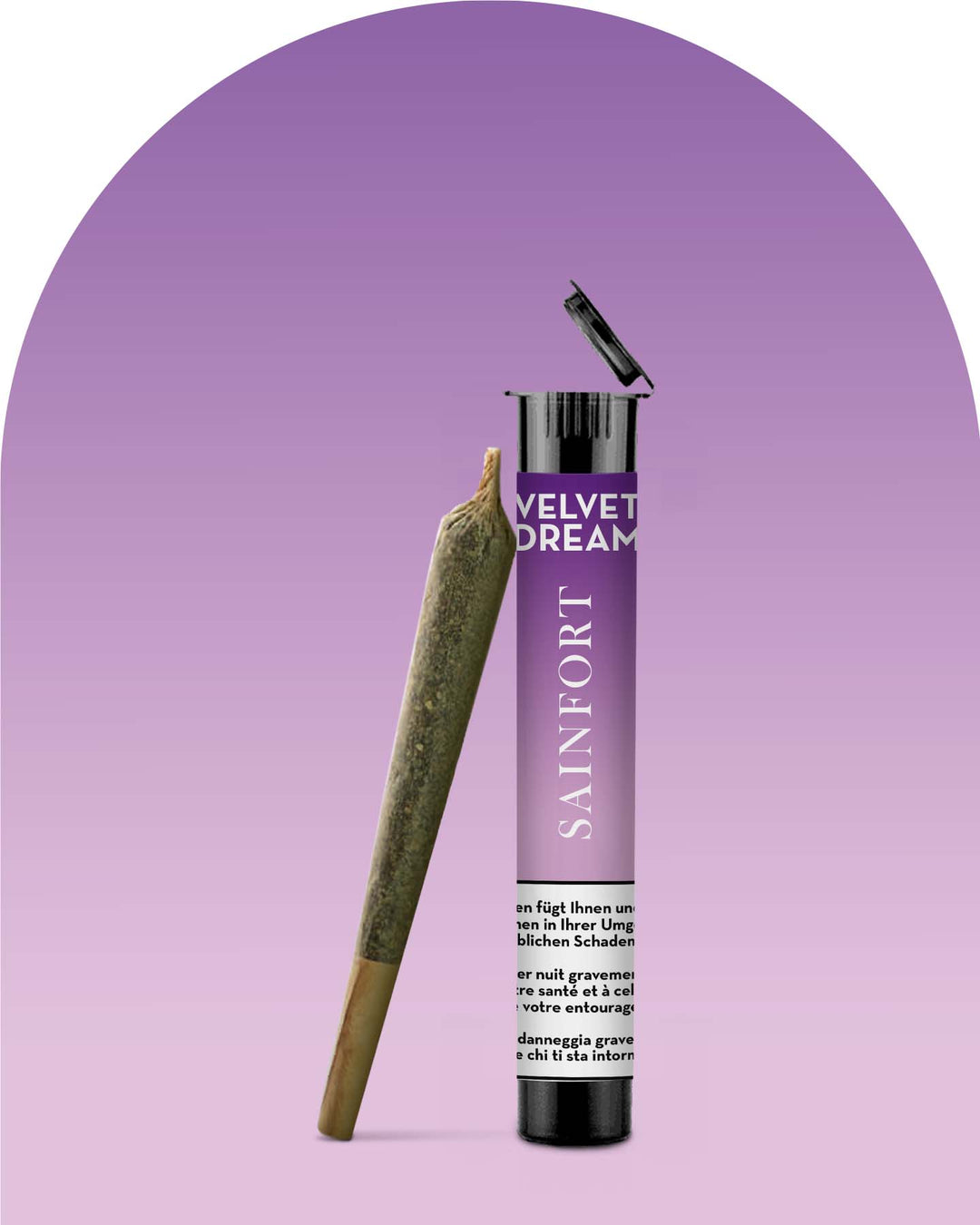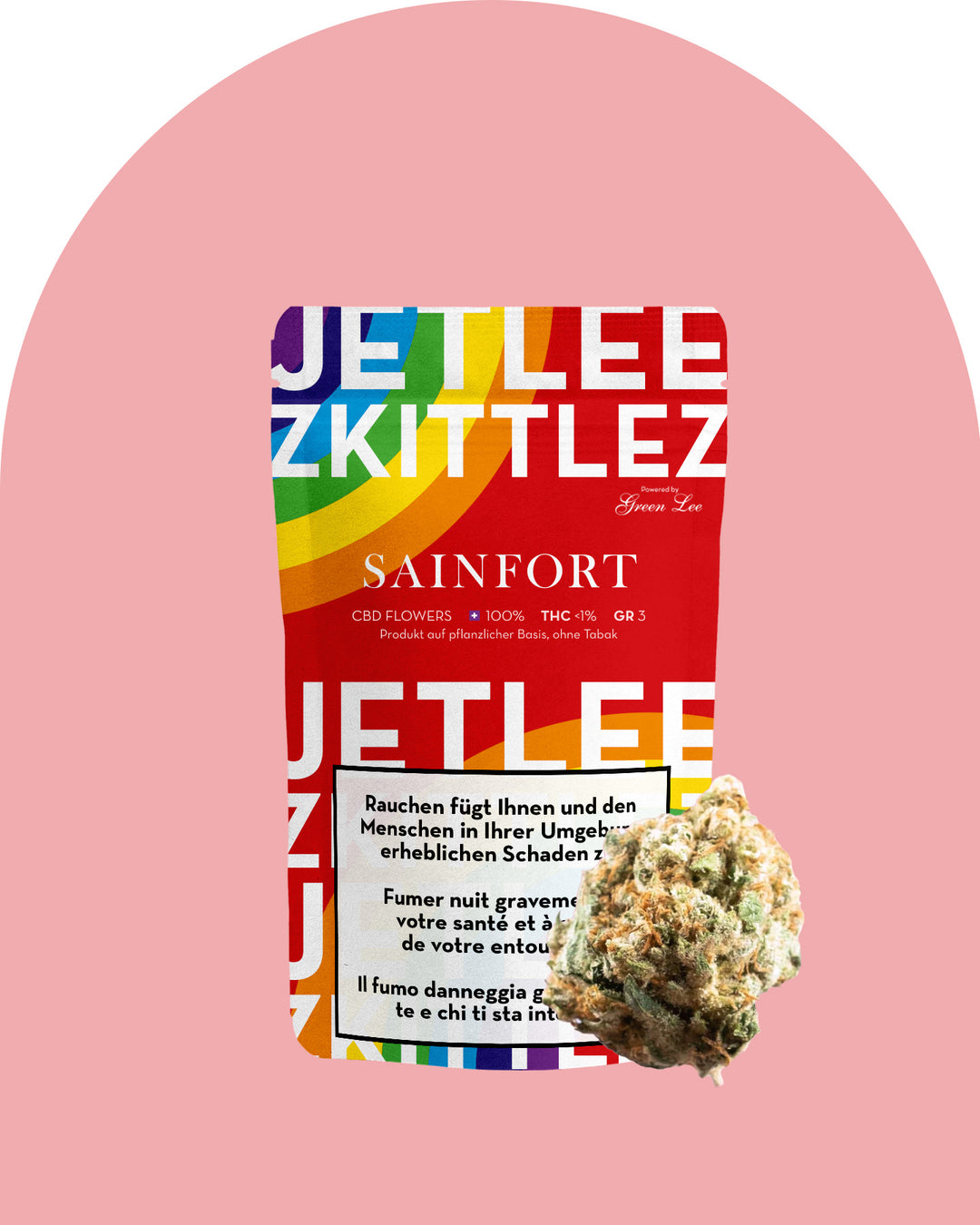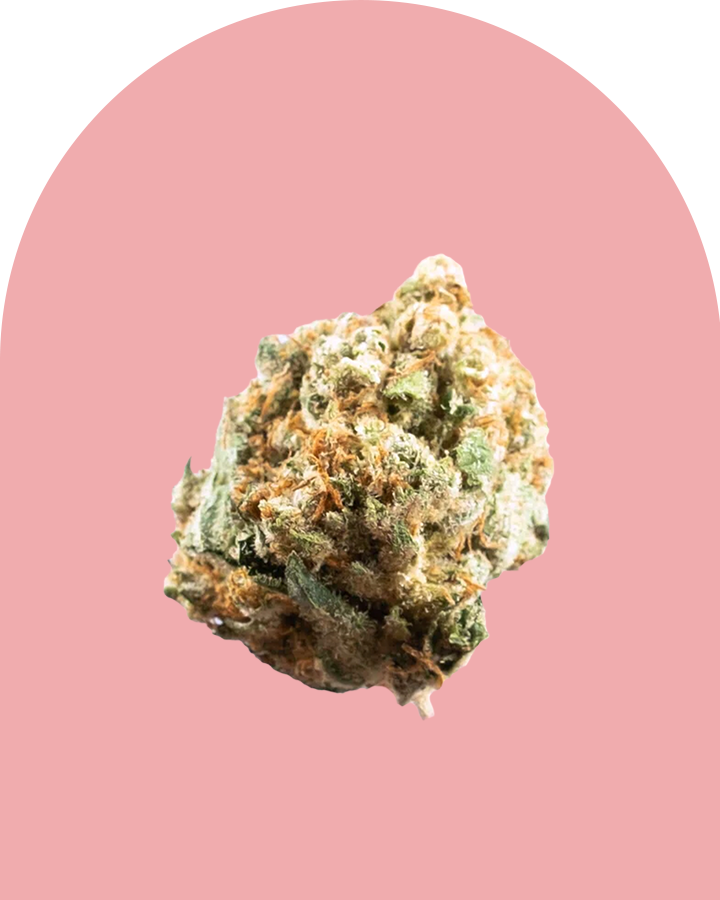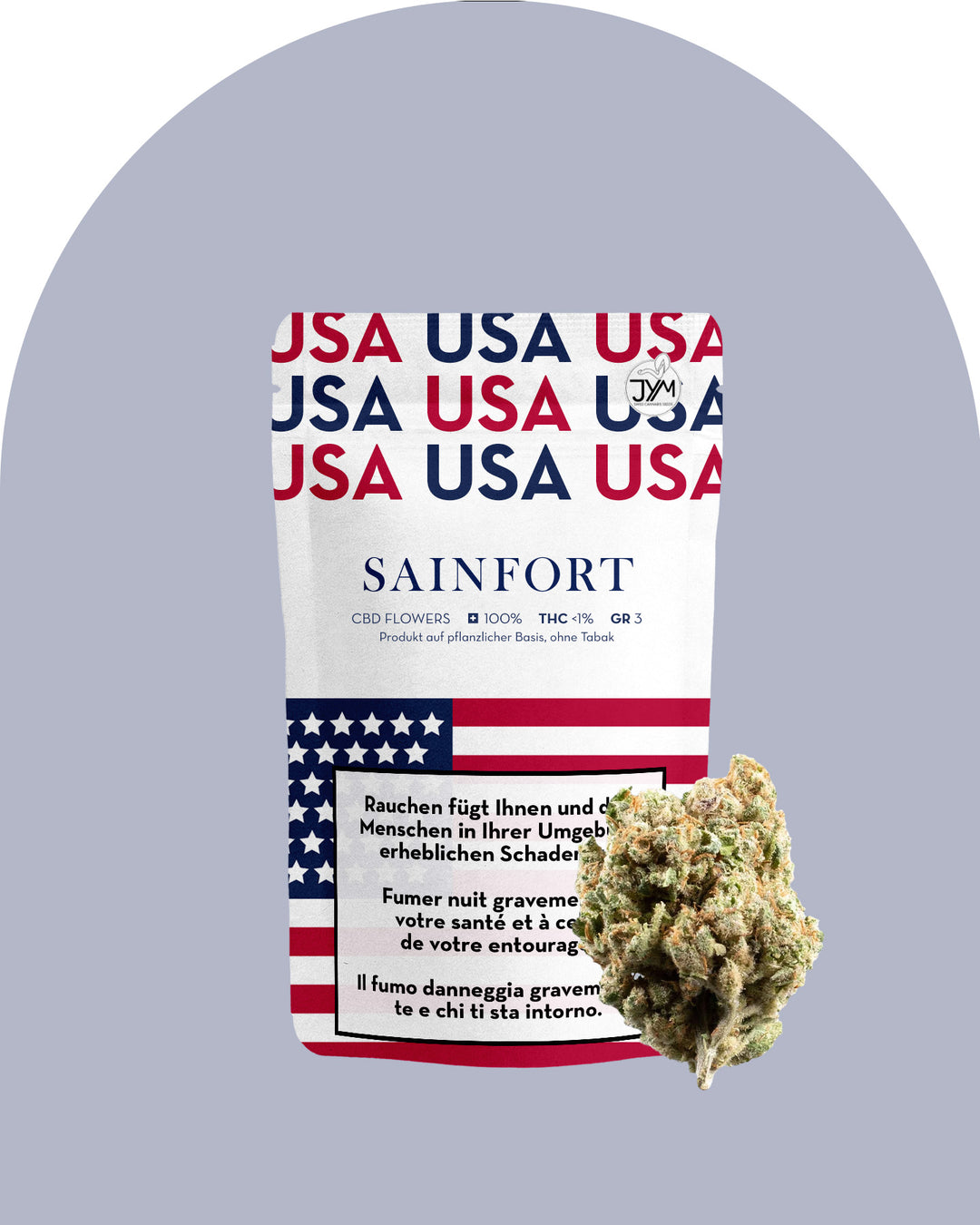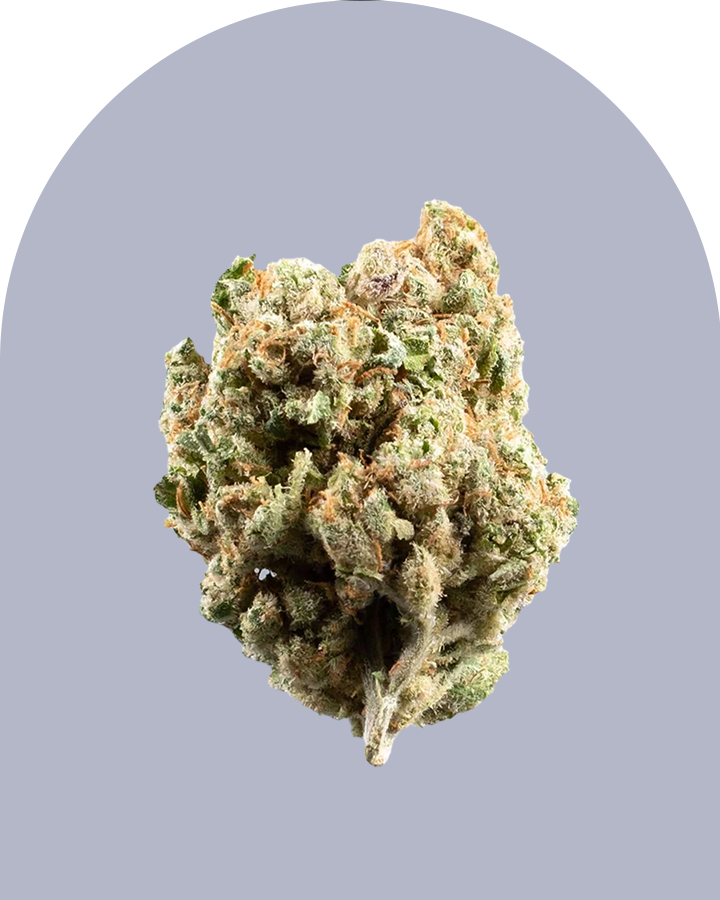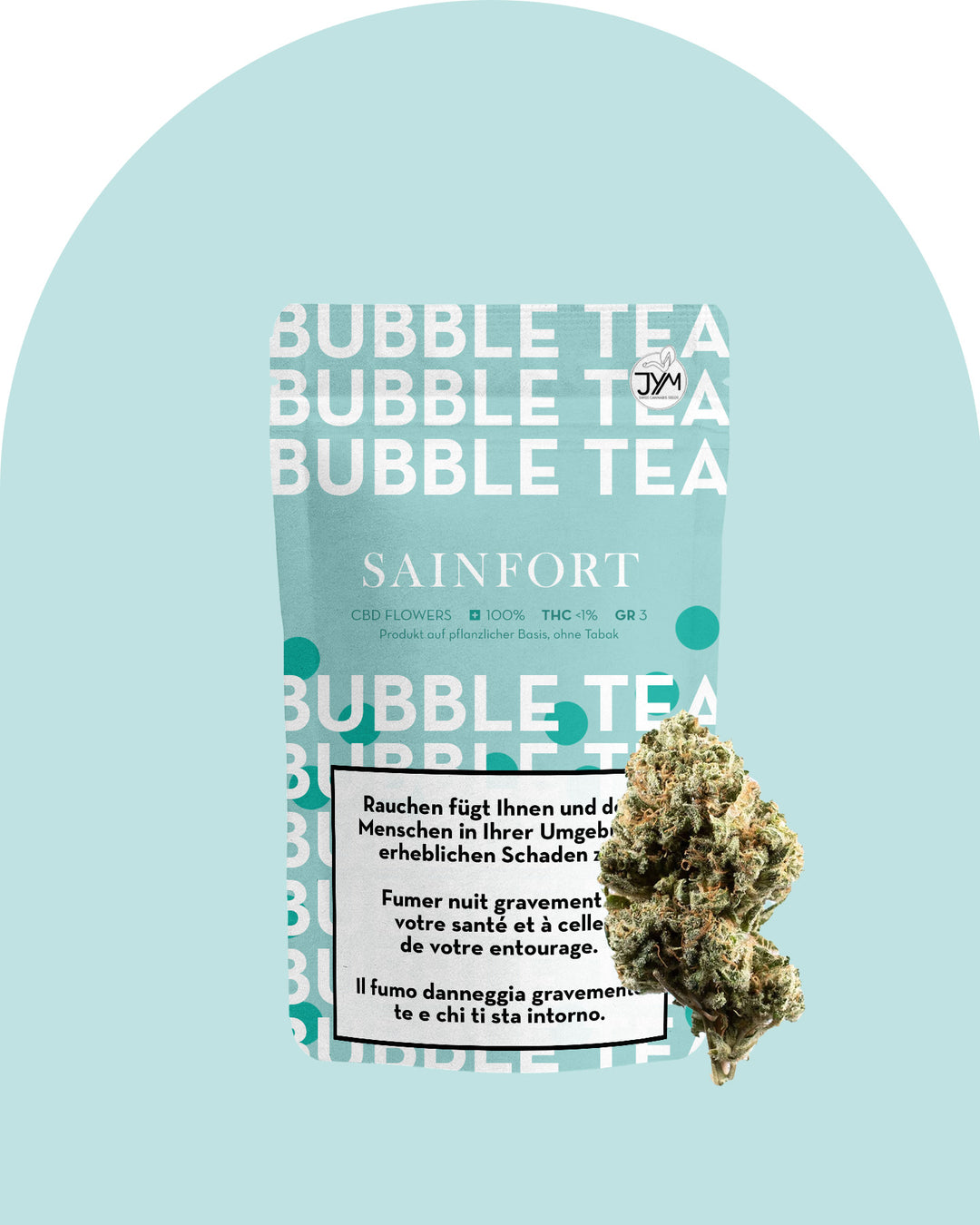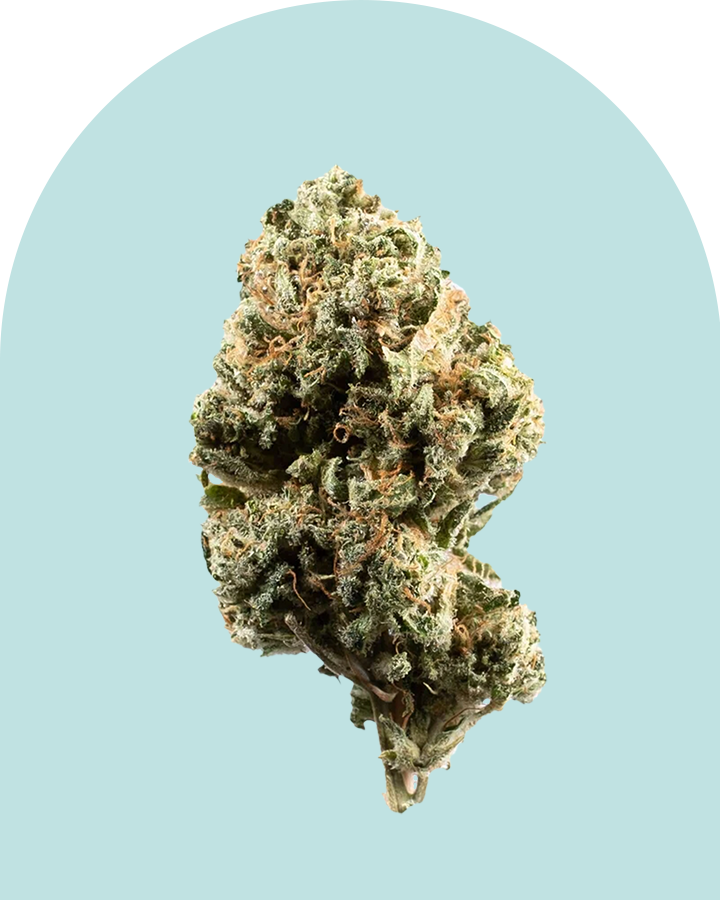CBD in Switzerland - what is allowed and what is not?

Disclaimer:
The legal situation regarding CBD in Switzerland is very complex and not every aspect is clearly defined. This text is intended to provide a simple overview of the subject, but is in no way intended to constitute legal advice.
Products with cannabidiol (CBD) are becoming increasingly popular in Switzerland and the range of CBD products is constantly growing and includes, among other things, pure CBD, dietary supplements, food, extracts in the form of oils or pastes, drops, cosmetics, tobacco substitute products, liquids for E-cigarettes, chewing gum and much more.
Since CBD has no psychoactive effects, unlike THC, it is not subject to the Narcotics Act and is generally not prohibited. That doesn't mean that CBD can simply be added to different products at will.
"In order for a product to be legally marketed, it must comply with the legislation under which it is placed on the market: depending on the assignment, the relevant Swiss legislation applies."
drug
In principle, it is possible to offer CBD-containing products as medicinal products (medicinal products), but this is only possible with a corresponding permit from Swissmedic or the cantonal authorities. In addition to the basic requirements for medical products, the promised effectiveness must also be proven.
Groceries:
According to the European Commission, foods containing CBD are considered Novel Foods* (novel foods) and can therefore only be placed on the market with a permit from the Federal Food Safety and Veterinary Office (FSVO) or with approval from the European Commission.
There are currently no foods containing CBD that are approved in Switzerland, but there are a large number of applications for approval that are currently being examined by the European Commission.
In contrast to foods containing CBD, the following products, for example, are not considered novel foods because they were demonstrably consumed as foods before May 15, 1997, and therefore do not require approval from the FSVO:
- hemp seeds
- hemp seed oil
- hemp seed flour
- Defatted hemp seeds
*Novel foods are defined as foods that were not consumed to any significant extent either in Switzerland or in a member state of the EU before May 15, 1997.
Cosmetics:
In principle, the use of CBD in cosmetic products is permitted in Switzerland, provided that the CBD is synthetic or not obtained from cannabis (ie from inflorescences or fruit heads that have not been de-resinised). Pure cannabis resin and CBD derived from it, on the other hand, may not be used in cosmetic products and
In addition, for cosmetics as well as for other CBD products, the THC content must be below 1%.
The last important criterion when using CBD in cosmetic products is the safety report, in which it must be proven that the ingredients and ingredients (including CBD) are harmless.
Tobacco Substitutes:
CBD flowers, which are sold as tobacco substitutes for smoking, may be sold as long as the THC content is below 1.0%. The manufacturer is obliged to carry out self-regulation and must report the products to the BAG before they are placed on the market.
Chemicals:
CBD products can legally be offered as chemicals, with chemicals legislation governing the packaging and labeling of the products. The manufacturer is obliged to carry out self-regulation here – ie he must assess whether a product appears to be intended for applications which would fall under other legal provisions. For example, if a CBD fragrance oil is sold in a cartridge for e-cigarettes, this would fall under the consumer goods regulations and not under the chemicals law.
Due to the different regulations for different product categories in Switzerland, there is often confusion/ambiguity about which CBD products may be manufactured/offered. With the increasing popularity of CBD products and the growing range of different CBD products, legislation will continue to adapt in the future and should also become clearer to understand




